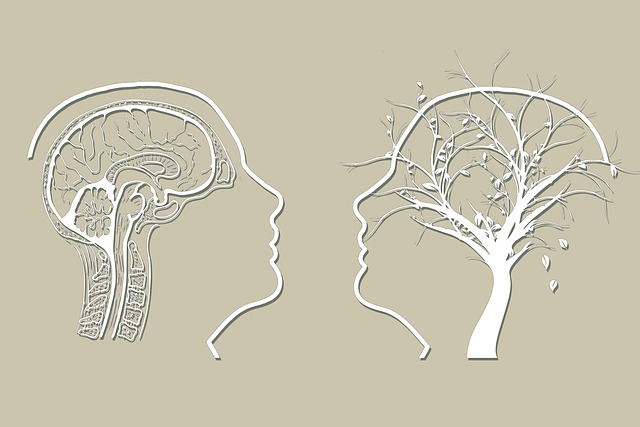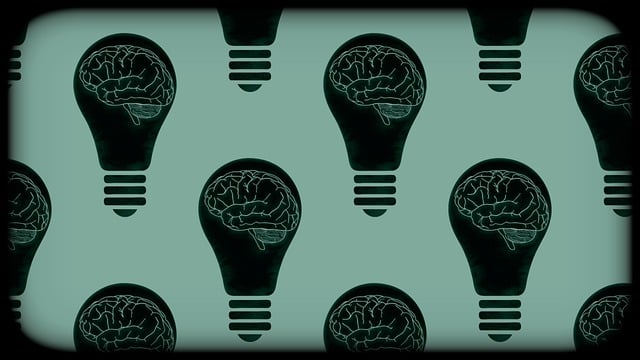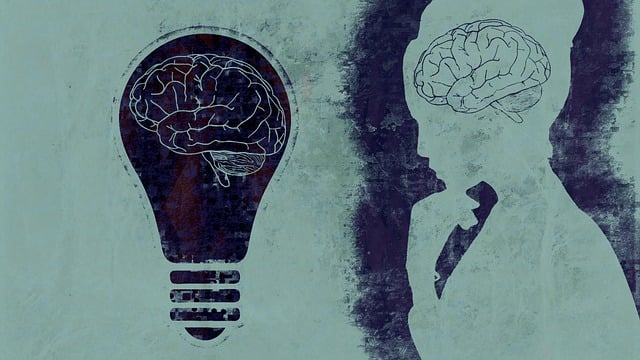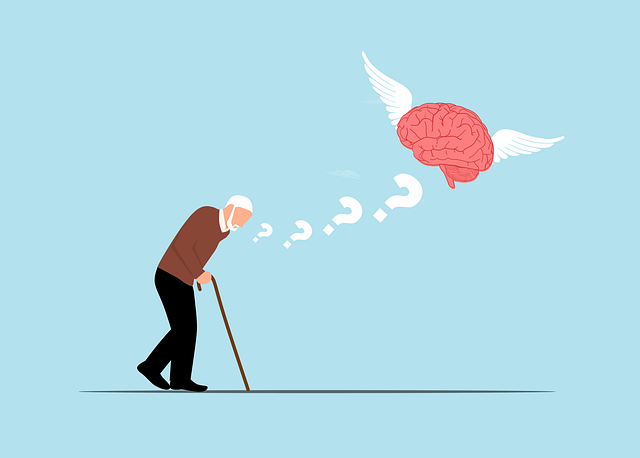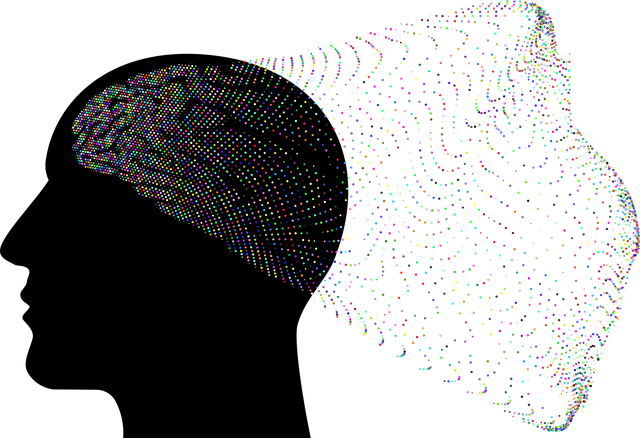The media's portrayal of therapy for children with eating disorders significantly impacts public understanding and interventions, either positively by reducing stigma and encouraging open conversations, or negatively through perpetuating harmful stereotypes. Accurate representations, featuring effective treatment approaches and relatable characters, can foster empathy and inspire viewers to seek crisis intervention. To counteract negative effects, it's crucial to promote diverse narratives, incorporate CBT in media stories, and enhance mental health education through collaborative efforts between industry professionals and mental health experts. This approach normalizes conversations around mental wellness, facilitates early detection, and contributes to destigmatization efforts.
Mental illness representation in media plays a pivotal role in shaping public understanding of mental health. This article delves into the profound impact of media portrayal on mental health awareness, specifically focusing on eating disorders. We examine how current media often misrepresents these conditions, emphasizing the need for accurate and empowering depictions. By advocating for therapy in media, we explore strategies to enhance media literacy, combat stigmatization, and foster collaboration between media and mental health professionals—including therapy for children with eating disorders.
- Understanding the Impact of Media Portrayal on Mental Health Awareness
- The Current State: How Media Often Misrepresents Eating Disorders
- Providing Accurate and Empowering Depictions: A Case for Therapy in Media
- Strategies to Enhance Media Literacy and Combat Stigmatization
- Encouraging Positive Change: Collaboration Between Media and Mental Health Professionals
Understanding the Impact of Media Portrayal on Mental Health Awareness

The media’s portrayal of mental illness can significantly influence public understanding and perceptions, which consequently impacts crisis intervention efforts and emotional regulation strategies. When mental health is accurately represented in various forms of media, it has the potential to reduce stigma, promote empathy, and encourage open conversations about mental wellness. Conversely, inaccurate or stereotypical depictions can perpetuate harmful myths, leading to further marginalization of individuals grappling with these issues, including children suffering from eating disorders.
The representation of therapy for children with eating disorders in media can play a pivotal role in shaping societal attitudes. By showcasing relatable characters and depicting effective treatment approaches, media platforms can foster a supportive environment, encouraging viewers to seek crisis intervention guidance when needed. This positive representation may contribute to early detection and improved outcomes for those facing mental health challenges, ultimately enhancing emotional regulation skills both within the depicted individuals and the viewing audience.
The Current State: How Media Often Misrepresents Eating Disorders

Media often perpetuates harmful stereotypes and misrepresents mental illnesses, particularly when it comes to eating disorders. Despite increasing awareness, many portrayals in films, television shows, and even social media platforms still display exaggerated or inaccurate symptoms, contributing to the stigma surrounding these conditions. This can significantly impact how audiences, especially younger viewers, understand and perceive eating disorders, potentially deterring them from seeking help or proper therapy for children with eating disorders.
The current state of media representation challenges the ongoing Mental Illness Stigma Reduction Efforts. Such depictions may lead to misinformed assumptions about individuals struggling with anorexia nervosa, bulimia, or other eating disorders. Effective Communication Strategies and initiatives focusing on diverse narratives are essential to counteract these negative portrayals. Promoting accurate information through media can encourage empathy and understanding, fostering a supportive environment for those seeking therapy for children with eating disorders and facilitating the Self-Care Routine Development for Better Mental Health.
Providing Accurate and Empowering Depictions: A Case for Therapy in Media

Media has a powerful influence over society, shaping perceptions and attitudes towards various aspects of life, including mental health. When depicting individuals with mental illness, especially vulnerable populations like children struggling with eating disorders, accurate and responsible storytelling is paramount. Therapy, in its many forms, can play a pivotal role in ensuring these portrayals are empowering and beneficial.
Incorporating therapy into media narratives allows for a deeper understanding of the complexities surrounding mental health issues. It educates audiences, fosters empathy, and challenges stereotypes often associated with these conditions. Specifically, when it comes to children’s eating disorders, media can contribute to early detection and intervention by normalizing conversations around mental wellness while promoting therapeutic practices like cognitive-behavioral therapy (CBT) or family-based treatment. Cultural sensitivity in healthcare practice is also enhanced through diverse representations, ensuring that various communities receive the mental health education programs design needed to support their unique needs.
Strategies to Enhance Media Literacy and Combat Stigmatization

Media has a profound impact on shaping societal perceptions, and when it comes to mental illness, accurate representation is paramount to fostering understanding and reducing stigma. One effective strategy to enhance media literacy is encouraging critical thinking about media content. This involves analyzing portrayals of mental health, questioning stereotypes, and recognizing the potential influence on public opinion. By educating individuals, especially younger audiences, to critically engage with media narratives, they can develop a more nuanced understanding of various mental health conditions.
Additionally, promoting therapy for children with eating disorders, stress reduction methods, and mental wellness coaching programs can be part of a comprehensive approach. These initiatives support resilience building and provide alternative perspectives on managing mental health challenges. Encouraging open conversations about mental wellness and showcasing diverse recovery journeys in media can significantly contribute to a more inclusive and supportive societal narrative.
Encouraging Positive Change: Collaboration Between Media and Mental Health Professionals

In fostering positive change regarding mental illness representation in media, a collaborative approach between industry professionals and mental health experts is key. Media outlets have the power to shape public perception, and by engaging with mental health specialists, they can ensure more accurate and compassionate portrayals of conditions such as eating disorders. This collaboration can lead to the development of more nuanced narratives that not only highlight the struggles but also promote understanding and empathy among viewers.
For instance, when addressing issues like children’s eating disorders through therapy, media can play a vital role in raising awareness by collaborating with pediatric psychologists and nutritionists. This partnership can result in the creation of informative content, including documentaries or series that educate viewers about early intervention strategies and recovery journeys. Such initiatives contribute to broader mental health education programs designed to destigmatize various conditions, ultimately enhancing trauma support services and encouraging those affected to seek help.
Media has a profound impact on shaping societal perceptions of mental health, and accurate representation is crucial in fostering understanding and reducing stigma. By providing empowering depictions of recovery, especially in cases like eating disorders, media can inspire hope and encourage individuals to seek therapy. Collaboration between media outlets and mental health professionals is essential to enhance literacy, ensure factual reporting, and promote positive change. Through these efforts, we can strive for a world where media representation challenges outdated stereotypes, offers valuable insights, and supports those navigating their mental health journeys, including children seeking therapy for eating disorders.
